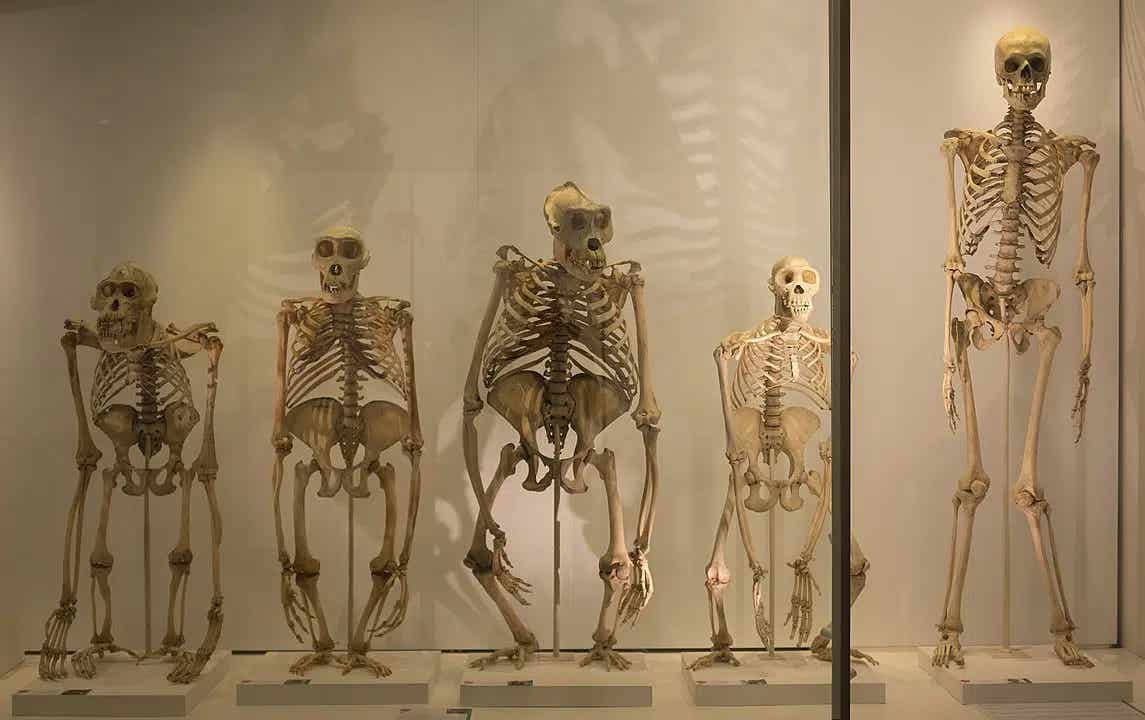Breakthrough discovery found in the treatment of depression
At a time of growing excitement regarding the potential use of psychedelic agents to improve outcomes of otherwise intractable disorders

[Sept. 11, 2023: Staff Writer, The Brighter Side of News]
At a time of growing excitement regarding the potential use of psychedelic agents to improve outcomes of otherwise intractable disorders. (CREDIT: Creative Commons)
In the evolving science of psychiatry, a series of groundbreaking research indicates that psychedelics, particularly psilocybin found in magic mushrooms, might offer a solution to pervasive mental health issues. However, translating these findings into clinical practices requires navigating a complicated labyrinth of regulatory barriers.
The latest research on this matter is spotlighted in the Journal of Psychiatric Practice, a joint publication with Wolters Kluwer and Lippincott.
The Psychedelic Landscape
Dr. Amir Garakani, lead author of the paper and a distinguished figure at Greenwich Hospital, Greenwich, Conn., as well as the Yale School of Medicine's Department of Psychiatry, underlines the zeitgeist: “At a time of growing excitement regarding the potential use of psychedelic agents to improve outcomes of otherwise intractable disorders, psychiatrists and patients alike need perspective on the current state of the evidence and the prospects moving forward.”
Lending their voices and expertise, members of the Psychopharmacology Committee of the Group for the Advancement of Psychiatry collectively emphasized, "In this article, we discuss current research findings to provide guidance to clinicians concerning the prospects for psilocybin treatment for their patients struggling with debilitating depression."
Related Stories
How Psilocybin Transforms the Mind
Psilocybin, the naturally occurring compound found in “magic mushrooms”, has been the focus of many scientific endeavors. Clinical trials are reflecting its efficacy against formidable psychiatric adversaries such as major depressive disorder (MDD) and treatment-resistant depression (TRD).
What’s fascinating is the insight into the modus operandi of psilocybin. Dr. Garakani and his team found that the therapeutic outcomes are often intertwined with "an intense emotional or mystical experience." The compound fosters an "openness to experience" and empowers patients to break free from traditional, constrictive patterns of thinking.
Investigations into the compound's biological actions reveal increased interactions among brain networks, facilitating more fluidity without boosting individual network activities. A remarkable finding suggests that enhanced brain network adaptability correlates with depression symptom reduction persisting for up to half a year.
Polito and Liknaitzky noted that a plausible microdose for P. cubensis dried mushroom would be 0.1 to 0.5 g and for synthetic psilocybin would be 0.8 to 5 mg. (CREDIT: Journal of Psychiatric Practice)
Trials, Triumphs, and Trepidations
Almost universally, psilocybin treatments have incorporated psychotherapy at various stages, including preparation, dosing, and post-session reflection. Such integration sessions have a prime objective: facilitate participants to introspect, cultivate insights, and set the stage for behavioral transformation.
The research terrain is bustling with activity. A plethora of clinical trials, both in academic and commercial sectors, are underway or awaiting initiation. These endeavors span a wide spectrum of conditions, encompassing MDD, TRD, cancer-induced anxiety, and even post-traumatic stress disorder.
“The vast array and diverse scope of ongoing and forthcoming psilocybin experiments reflect not only the scientific curiosity but also the potential therapeutic utility of psychedelics across multifarious clinical dimensions," expounded the researchers.
Psilocybin, the naturally occurring compound found in “magic mushrooms”, has been the focus of many scientific endeavors. (CREDIT: Creative Commons)
But the journey of psilocybin from labs to clinics isn’t without hurdles. Australia's regulatory body recently greenlit psychiatrists to prescribe psilocybin for TRD patients. Contrarily, in the US, despite recognition as a "breakthrough therapy" for both TRD and MDD and the decriminalization or legalization by states like Oregon and Colorado, psilocybin still lingers under the shadow of Schedule 1 controlled substances at the federal level.
The official stance of the American Psychiatric Association underlines the need for more robust evidence to back the adoption of psychedelics in routine psychiatric treatments. Yet, as Dr. Garakani and his team ascertain, "The research evidence presented here offers further support for the potential of psychedelics in mental health care."
Dr. Amir Garakani, lead author of the paper and a distinguished figure at Greenwich Hospital, Greenwich, Conn., as well as the Yale School of Medicine's Department of Psychiatry. (CREDIT: Creative Commons)
While psilocybin stands as a beacon of hope, a vanguard of novel therapeutic strategies, and a window into the intricate workings of our brain, the landscape — fraught with clinical, legal, and research ambiguities — may pose challenges to fulfilling its promises.
Only time will tell if our society and systems will pave the way for this intriguing molecule to change lives.
Note: Materials provided above by The Brighter Side of News. Content may be edited for style and length.
Like these kind of feel good stories? Get the Brighter Side of News' newsletter.



